MitoAction Energy Walk — Rochester, NY
Join us to raise awareness and funds for mito—one step at a time!
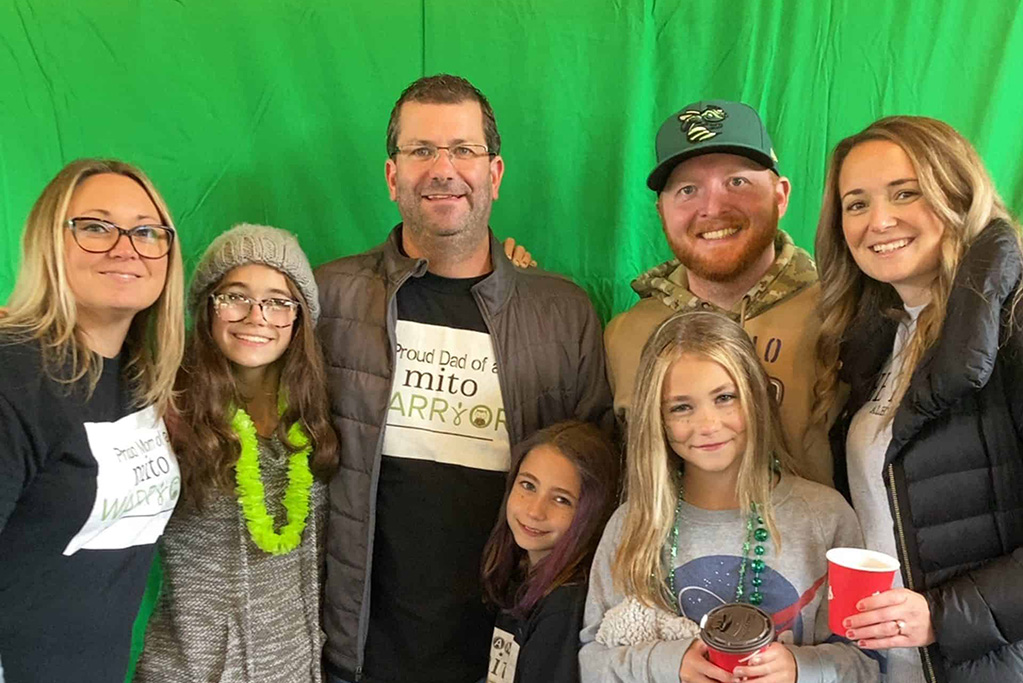
Date & Location Coming Soon
Join our hosts, Stacy, her cousins Kate and Erin, and the Bellaire Family as they work together to help spread awareness and raise funds to support the MitoAction community. Stacy's dad, Todd and Kate and Erin's dad, Jesi both lost their battles with mitochondrialRelated to the mitochondria. disease. Stacy's twelve year old neighbor, Katelin is also affected by this devastating disease. They ask that you join in and help support families like theirs, who face the daily challenges of life with this rare disease.
This family event offers support, friendship, and fun for everyone! The day’s highlights include:
- Food & Refreshments
- Unique raffle items
- Kids’ arts & crafts
- And so much more!
Your participation makes a huge difference in the lives of patients and families who rely on us. Help to show our community how strong and powerful we can be together.
Schedule of Events:
Schedule coming soon
Meet Jesi

Jesi, like his two older brothers, was born several weeks prematurely. Throughout his childhood he suffered from seizuresEpisodes of abnormal electrical activity in the brain., which became more prominent around the age of 19. After high school, Jesi was employed at a variety of local businesses. He was first married in 1986 and had a daughter in 1987. He then had twin daughters in 1990. Jesi’s health steadily declined throughout his thirties and forties. His hearing loss worsed over time, as did his comprehension of basic information. Jesi’s second wife became his primary caretaker as his health issues became more significant. Jesi experienced numbness in his hands and headaches that increased in frequency. He was permanently disabled and no longer able to work. Jesi was a father to his second wife’s five children in addition to becoming a grandfather. Throughout his forties, Jesi was hospitalized repeatedly with what the doctors thought to be seizures and strokes. There were instances when Jesi was in the ICU in a coma for several days. Each time he overcame these significant health episodes, his baseline became lower.

By the time Jesi was in his late forties, an on-call neurologist at the hospital who coincidentally was his older brother Todd’s neurologist, suspected he had MELAS. A blood test confirmed this. Jesi declined significantly to the point that he could no longer function independently. By 2014, his hearing was almost completely gone and he was extremely unsteady on his feet. He began having episodes of confusion. There were times he did not recognize family members and became aggressive. On April 11th, 2016, Jesi celebrated his 50th birthday with his family. Although he was wheelchair bound, and unable to carry on logical conversations, he still smiled and laughed with his family.
In September, 2016, Jesi stopped eating solid food and there was a drastic change in his health. Upon the visiting nurse’s suggestion, Jesi was placed on Hospice care. He passed away eight days later.
Meet Katelin
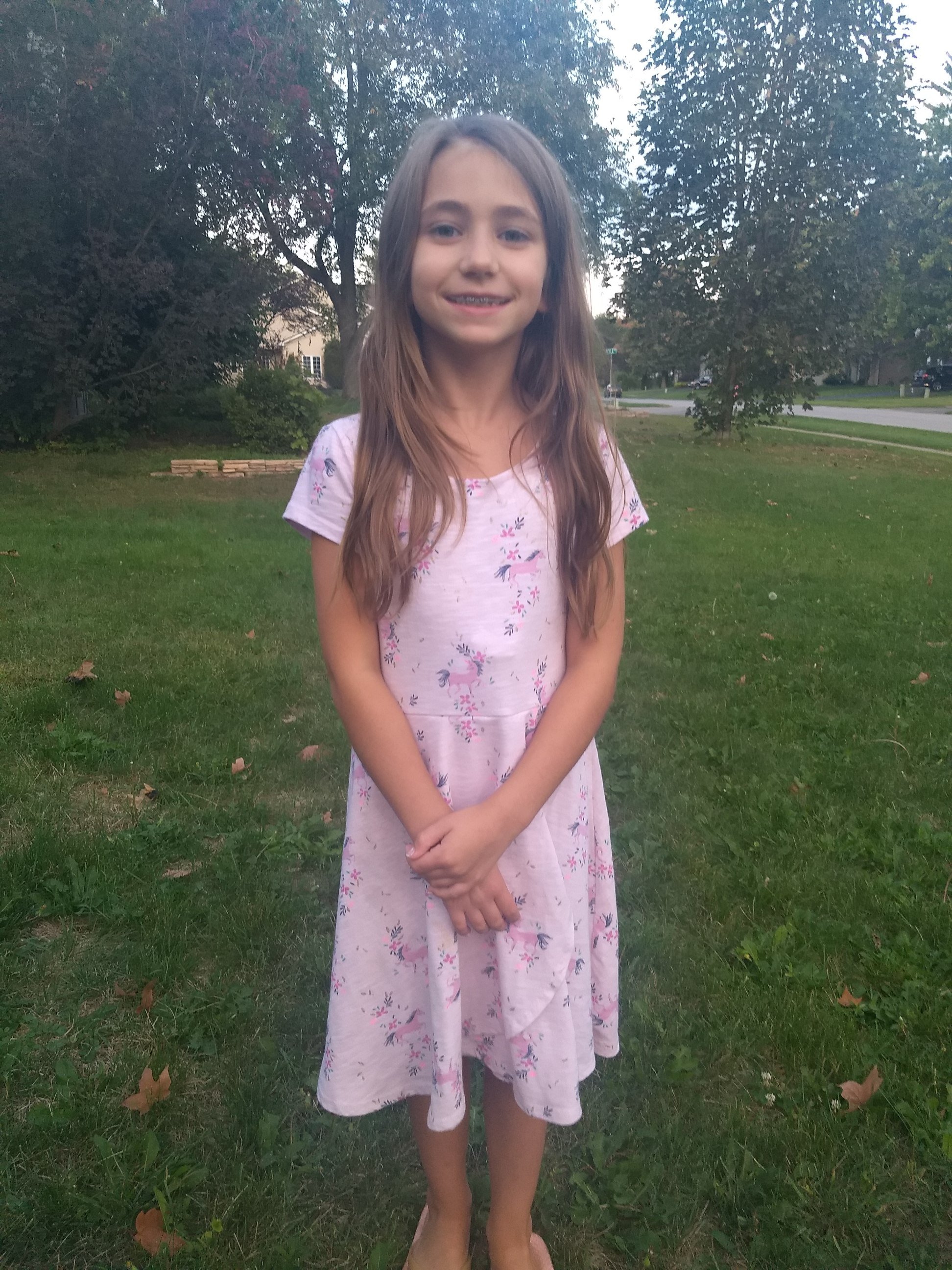
Katelin is an optimistic, strong-willed nine year old. She is the youngest of six children. She has two adult brothers, an adult sister and two sisters age 13 and 11. Her disabled uncle also resides with her family.
When Katelin was about 9 months old, her pediatrician shared concerns with her parents about her weight. She was only in the 3rd percentile for her age. Initially, they weren’t overly concerned because her older siblings were also extremely petite. When she was a year old, she began to have severe bouts of diarrhea and vomiting. She would get so dehydrated that every couple of weeks she would end up in the hospital for days before she was well enough to go home. Other symptoms she was experiencing, included lack of energy, speech delays and low muscle tone and strength. Around 13 months old, she began to have episodes of respiratory illnesses that would turn into pneumonia, requiring several days in the hospital.
At this point, their family was becoming very well known at their local hospital. It was suggested by one of the nurse practitioners that Katelin be tested for CF (cystic fibrosisThe thickening and scarring of connective tissue.) as her symptoms seemed to match this disease. She was negative for CF, but her illnesses were still a mystery. She suffered from malnutrition due to her brain not signaling to her that she was hungry.
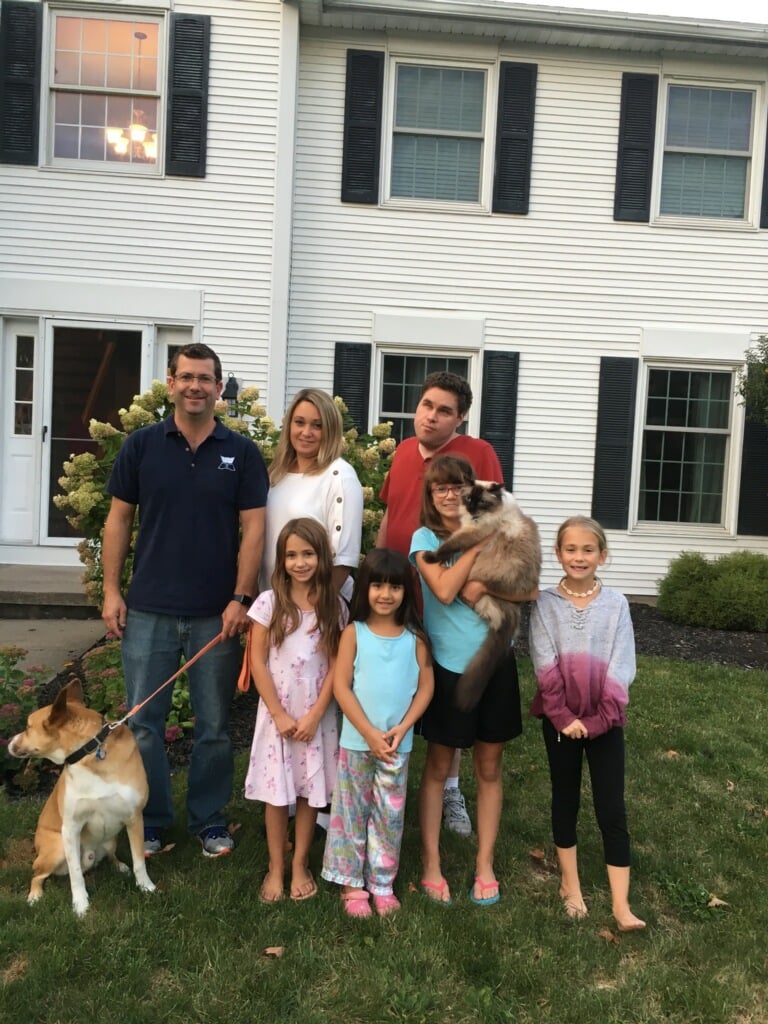
Doctors began a significant amount of testing, including bloodwork, urine tests and genetic testing to pinpoint the cause of her illness. At 15 months old, Katelin was given a feeding tube to ensure daily nutrition. Tests were still coming up inconclusive. By the time she was 18 months old, doctors were fairly certain she had a mitochondrial disease, based on several indicating test results. The family researched this diagnosis and consulted with the Cleveland Clinic when Katelin was 21 months of age. Here, her diagnosis was confirmed to be a mitochondrial disease based on her body being unable to absorb proteins and fats.
Just before Katelin turned 2, a G-tube was placed through her abdomen into her stomach. She began having the majority of her nutrition via this G-tube. Katelin was frequently hospitalized until she started Kindergarten due to continued mitochondrial episodes. She also received Early Intervention services in Speech and Physical TherapyTreatments aimed at helping someone improve the ability to move parts of their body. until she was school-age.
Her Kindergarten and early elementary years consisted of no contact sports in PE, multiple trips to the nurse’s office due to stomach aches that required rest periods, and frequent opportunities for her to have additional snacks to boost her nutrition.
Katelin is now in fourth grade and continues to have her G-tube feeds overnight. She is still in the 3rd percentile for her height and weight. Katelin is learning to live with her disease and has less frequent hospital stays. Her family continues to hope for advances in research and treatment of this rare mitochondrial disease so she can one day enjoy a life without significant medical needs and restrictions.
Meet Todd
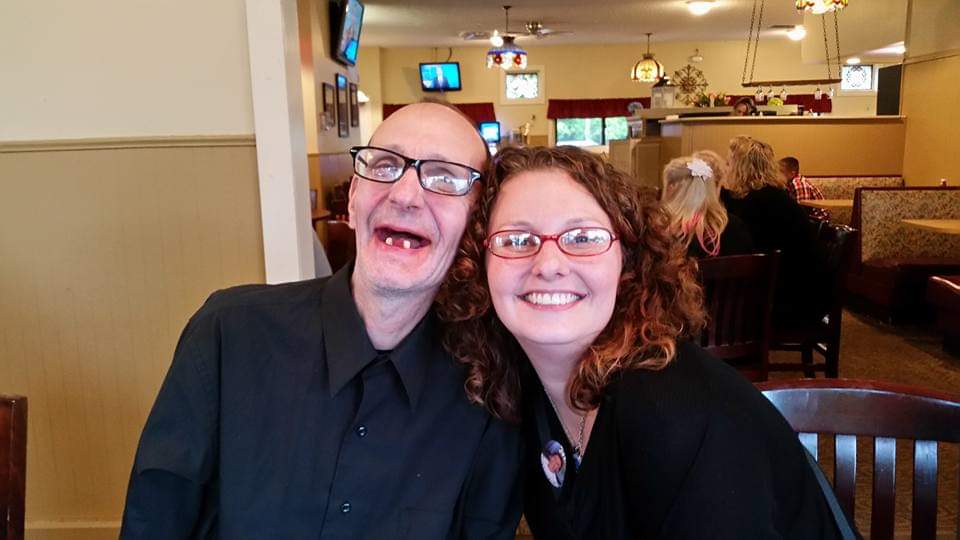
Todd was born in 1957, arriving 4 months early. He was the oldest of three brothers. His middle brother, Christopher, passed away in his thirties of an unknown cause that the family now believes was MELAS. His younger brother Jesi predeceased him by 14 months at the age of 50.
Throughout his childhood, Todd had poor vision and hearing loss that increased in severity as he aged. He had an unsteady gait and chronic headaches. Todd also had significant gastrointestinalGI issues.
He married his first wife in 1975 and his daughter Stacy was born in 1980. He remarried in 1981 and his son Matthew was born in 1983. His daughter Elizebeth was born in1984.
When Todd was 55 years old, after working 25 years at MKS Instruments, it was determined that he was no longer able to work and was placed on disability. He struggled with accepting this after working his entire life, but chose to spend his time with his three grandchildren.
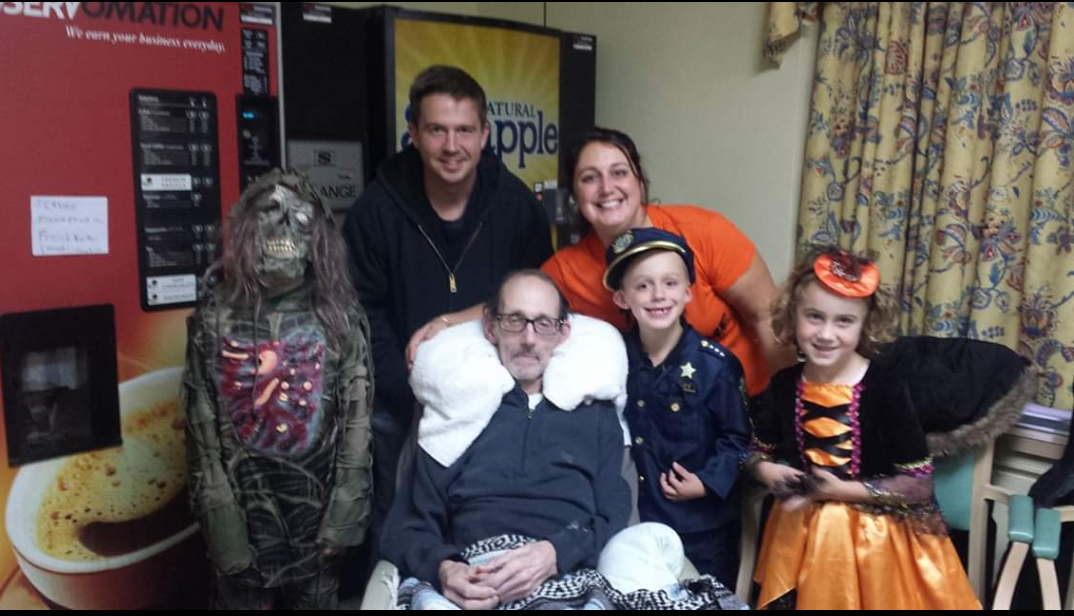
Todd was seeing a neurologist for neuropathy and nerve pain, among other health issues including memory loss and stroke-like episodes. In 2015 at the age of 57, Todd's neurologist tested him for MELAS, after making the connection to Jesi, who had already been diagnosed.
Todd's diagnosis was confirmed through a blood test and he started having episodes characterized by extreme confusion and stroke-like behaviors. Upon his most extreme episode in January 2015, Todd was hospitalized and had a seizure where he lost function of the left side of his body for several weeks. Todd gradually lost his independence and control over his body and mind.
In May 2017, Todd's quality of life declined significantly. It was a struggle to get him out of bed and he refused to bathe, get dressed, and eat or drink on most days. He started having trouble remembering to take his medications and started choking on foods. He also stopped taking pleasure in doing the things he loved, such as watching his grandchildren play soccer and spending time with his son watching TV. Todd declined significantly in June and July 2017, resulting in nursing home placement three weeks after he turned 60. He passed away a few months later, on November 10, 2017, surrounded by his children.











